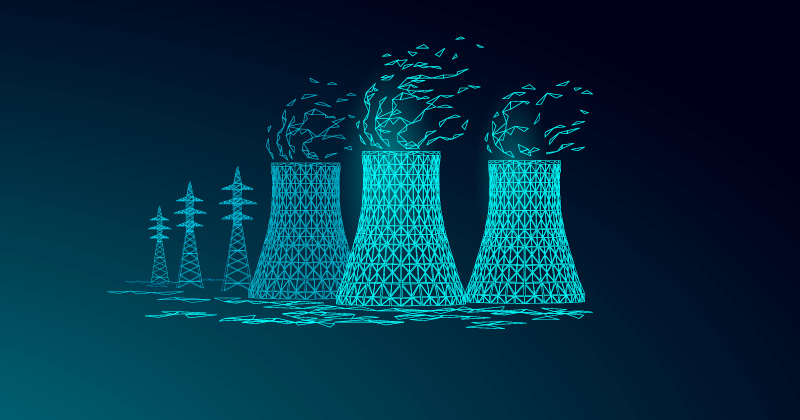The UK’s nuclear sector stands at a pivotal moment. As we grow the economy, meet ambitious net-zero targets, ensure energy security and maintain world-class nuclear defence capabilities, the demand for a skilled and sustainable workforce has never been greater. However, the industry faces a significant challenge: workforce capacity.
The sector is grappling with an ageing workforce alongside a growing demand for skilled professionals. Around 96,000 people are employed across the civil and defence nuclear sectors. Yet 31 per cent of this workforce are over 50, with many nearing retirement. This demographic reality, combined with the need to deliver major projects such as Hinkley Point C, Sizewell C, Small Modular Reactors (SMRs), the Dreadnought and AUKUS submarine programmes, and decommissioning underscores the urgency of ensuring a robust and future-proof talent pipeline.
The Nuclear Skills Plan, developed collaboratively by industry, government and education providers, is the strategic response to this challenge. It addresses capacity issues, attracts new talent, and equips the next generation with skills required to sustain and grow the sector.
Expertise handed down
The many highly skilled professionals approaching retirement have invaluable expertise, and their loss risks creating a skills gap that could hinder the delivery of major projects and the safe operation of existing facilities.
To mitigate this, our plan prioritises knowledge transfer. Programmes will ensure that retiring professionals can pass on their expertise to the next generation. This includes pathways for experienced workers to transition into FE roles, enabling secondments and exchanges, and significantly increasing the number of apprenticeships across the sector. These apprenticeships, alongside FE provision, enable younger workers to learn directly from seasoned colleagues.
Digital campaign
The sector’s long-term sustainability depends on attracting new talent. Destination Nuclear, a flagship digital campaign, has raised awareness of the diverse and rewarding career opportunities available. From engineering and project management to environmental science and digital technology, nuclear offers roles that appeal to a wide range of interests and skill sets. Linked to an industry-wide jobs portal, Destination Nuclear has already generated tens of thousands of job applications.
Diversity is another critical area. Women currently make up just 22 per cent of the nuclear workforce, and representation from ethnic minority groups remains low. Addressing these imbalances is a moral and practical imperative. A more diverse workforce brings fresh perspectives, fosters innovation and ensures the sector reflects society.
Partnerships with schools, FE colleges and universities are being strengthened to showcase the sector as an exciting and viable career path. The Nuclear Sponsorship Scheme and the Nuclear Bursary Scheme are already making a tangible impact, offering financial support and structured industry pathways.
With a mid-career skills gap caused by reduced early career pipelines, the Skills Plan also focuses on attracting experienced hires. This includes targeting armed forces service leavers, workers from downsizing sectors and those transitioning from traditional to clean energy roles. Tailored ‘top-up’ training will adapt or enhance their skills for the nuclear sector, supported by accelerator programmes offering targeted education based on their needs.
Collaboration with FE
FE providers are central to our plan. Colleges play a vital role in delivering the technical and vocational training that underpins the nuclear workforce. The plan works closely with colleges to ensure curricula align with industry needs and that students graduate with the skills employers require.
The sector is providing data, insight and partnerships enabling colleges to tailor their teaching offer, including apprenticeship programmes, to current and future sector demands. A forum has also been established to allow FE provider voices to shape the delivery of the Skills Plan. At regional level, nuclear skills hubs bring together colleges, employers and others to respond to local skills challenges.
Looking ahead
The challenges facing the nuclear sector are significant but not insurmountable. By addressing the ageing workforce, attracting new talent and strengthening partnerships with education providers, the UK will remain a global leader in nuclear innovation and delivery.
The nuclear sector is not just about power plants, submarines and decommissioning; it’s about people. It’s about creating opportunities, fostering innovation, and contributing to a sustainable future. Together, with support from FE, we’re rising to the challenge and building the workforce of tomorrow.
















Your thoughts